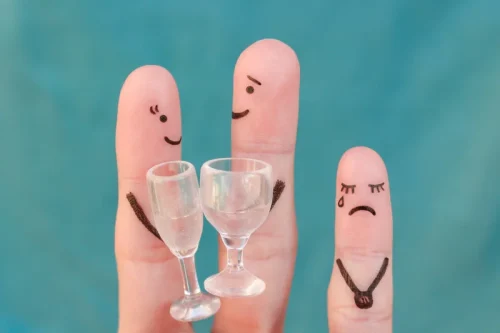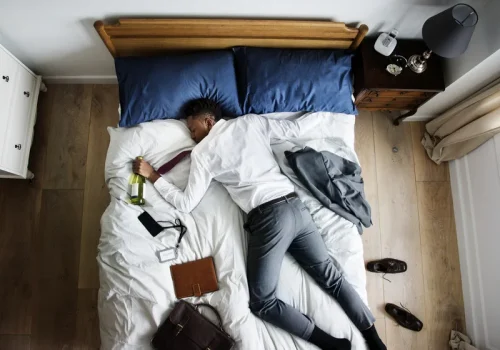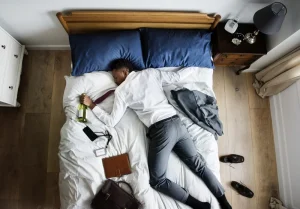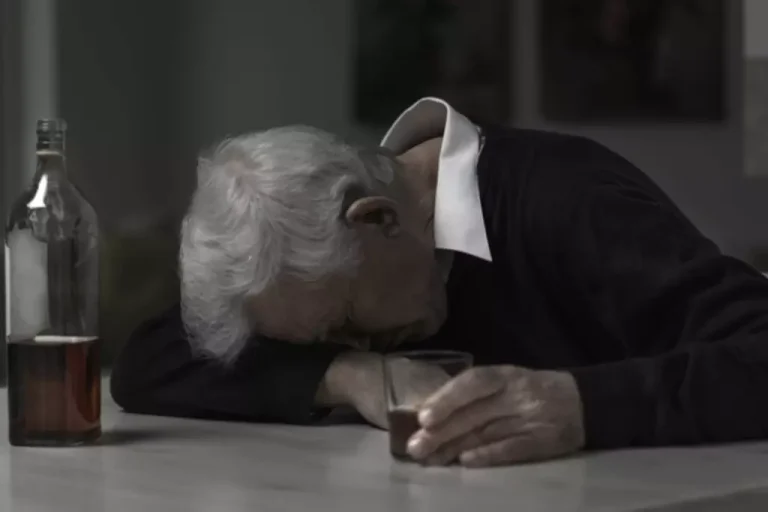
What I didn’t know at the time was the extent to which my drinking was triggering all of it. The brain responds to an influx of alcohol by blocking GABA and increasing glutamate. In the absence of alcohol, that increase results in terrible anxiety.
Healthaid
There are many effective treatments for anxiety and alcohol use disorders, including ongoing individual therapy, group therapy, prescribed medications, or a combination of these methods. If you have anxiety and are using alcohol to cope, it’s important that you seek support from your doctor or mental health professional. It’s never too late (or too soon) to reach out for help if you are trying to cope with a mental health condition or substance use disorder. If you are using alcohol as a self-medicating measure, you might feel it « works » to help you cope with your symptoms. While you might feel that it works in the short term, it’s more likely to cause you problems in the long run. If you have an anxiety disorder, alcohol misuse and withdrawal can make your symptoms worse.

When is it time to seek professional help?

According to the Anxiety and Depression Association of America (ADAA), 7% of Americans have this type of anxiety. When an individual has social anxiety, it’s common to find social situations unbearable. It is common for individuals with a social anxiety disorder to engage in alcohol use to cope with social interactions that are difficult for them. When this occurs, alcohol dependence can occur during socializing, which worsens anxiety. One of the most commonly used and also misused substances in the U.S. is alcohol.
Can Alcohol Trigger Panic Attacks? Here’s What You Need To Know!
- Sometimes, it’s mild, and other times, it can culminate in severe panic attacks.
- Regular or overuse of alcohol can result in psychological dependence.
- Then, as your body metabolizes the alcohol and the effects of heavy drinking wear off, you can experience what’s called a rebound effect.
- This anxiety the day after drinking may take the form of ruminating on what you did the night before while your judgment is impaired.
- Symptoms may be particularly acute when the effects of excessive alcohol are wearing off, and during periods of withdrawal.
While it is normal to feel anxious after heavy drinking, when alcohol-induced panic attacks become a common occurrence, it is a sign of a serious problem. If you struggle with panic attacks and feelings of anxiety, it is important to understand how alcohol can affect your mental health and potentially make these symptoms worse. Examples of anxiety disorders can alcohol cause anxiety attacks include generalized anxiety disorder, social anxiety disorder (social phobia), specific phobias and separation anxiety disorder. Sometimes anxiety results from a medical condition that needs treatment. Understanding how alcohol consumption can become an anxiety trigger helps in managing its impact better.

Understanding the Bi-Directional Relationship Between Alcohol and Anxiety
- AUD is a chronic condition that includes a variety of effects on the mind and body.
- It’s not just empty words, particularly when we’re talking about anxiety medications.
- Her unique combination of education and experience allows her to provide exceptional care to clients and lead her team with confidence.
- The constant state of worry can be exhausting and can interfere with daily activities and relationships.
- If you’re struggling with anxiety related to alcohol use, our telemedicine practice can provide personalized care and support.
While some people use alcohol as a way to calm their nerves or reduce stress, its effects are often temporary and can lead to worsening anxiety over time. This paradox arises because alcohol alters the brain’s chemistry, initially inducing a sense of calm but eventually disrupting the delicate balance of neurotransmitters that regulate mood. Dehydration, stress, hunger, and alcoholism symptoms exhaustion are all factors that can trigger anxiety and alcohol cravings. Staying in-tune with your needs can help reduce anxiety levels as well as minimize the urge to drink.
- Research shows that this kind of alcohol induced anxiety goes away after a period of detox and abstinence.
- While alcohol can make you feel calmer in the moment, this is only ever a short-term solution and will not fix the underlying problem that is causing the panic attacks – in fact, it is likely to make it worse.
- A key challenge to applying a comparative perspective across disciplines and time is the use of unique and evolving terminology and definitions for similar phenomena.
- Drinking alcohol on a regular basis can result in your body building up a tolerance to this substance over time.
- You can’t heal or manage an anxiety disorder and continue drinking any more than you can lose weight and eat McDonald’s every day.
- Regular practice helps individuals stay present and manage stress more effectively.
It enhances the effects of GABA, the main inhibitory neurotransmitter, leading to sedation and reduced anxiety. Alcohol also increases dopamine release, creating pleasurable feelings that reinforce drinking behavior. Generalized anxiety disorder involves chronic, exaggerated worry about everyday life. In treatment for co-occurring disorders, these therapies are implemented in an inpatient setting, followed by outpatient therapy programs. For people with anxiety disorders, ongoing individual therapy is also generally recommended.
